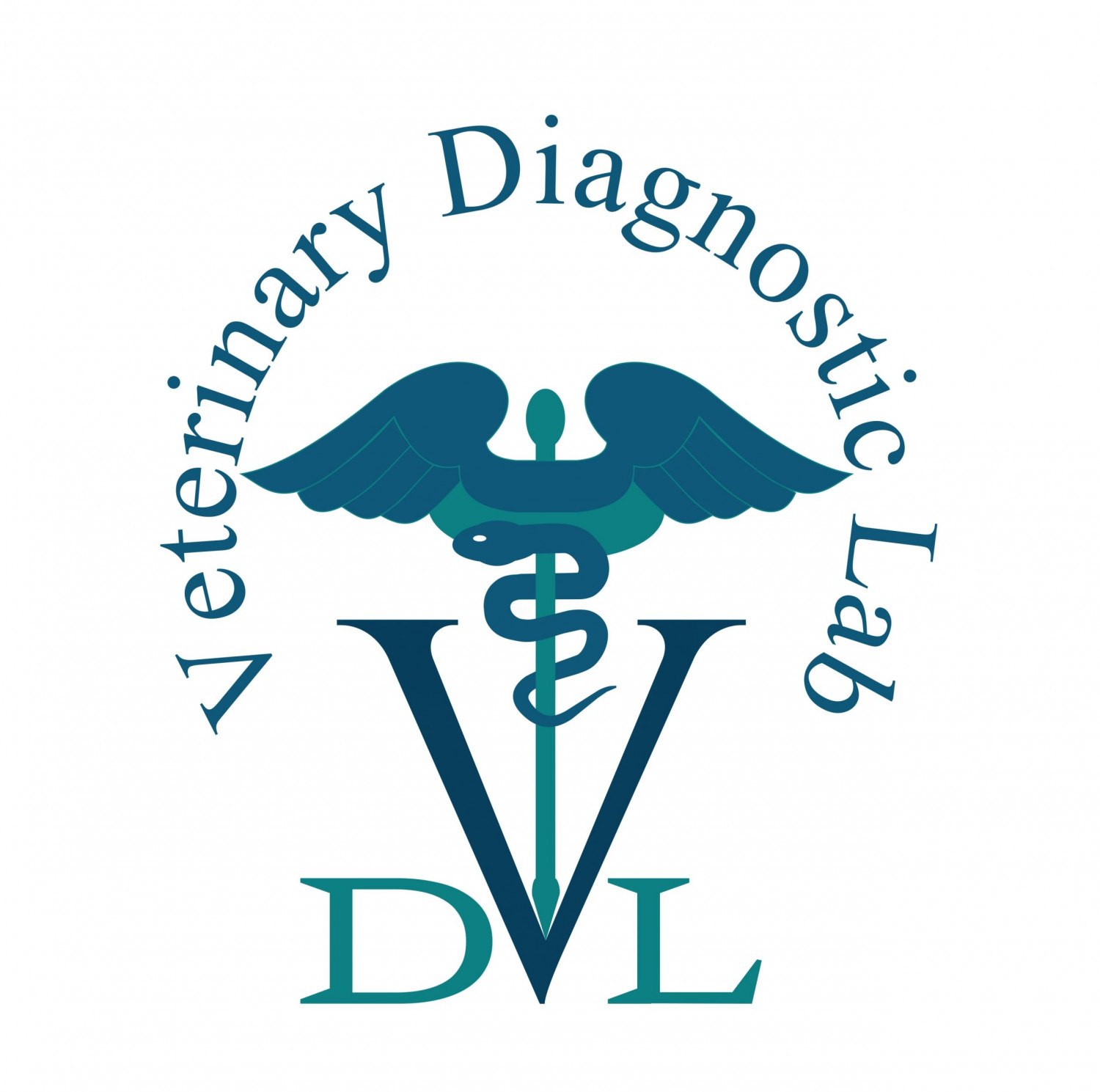Breaking Down Veterinary Labs Near You and What to Expect
Breaking Down Veterinary Labs Near You and What to Expect
Blog Article
When your pet needs specialized care, a veterinary laboratory plays a critical role in providing accurate diagnostics and treatment guidance.
In this article, we’ll explore what veterinary labs do, what services they offer, how to find one near you, and why choosing the right lab matters.
Whether veja mais sobre you’re a leia mais aqui pet parent searching for a “veterinary lab near me” or a veterinary professional looking for top-tier lab partners, this guide will provide expert insights and practical tips.
Understanding Veterinary Labs
These labs support veterinarians by providing critical diagnostic insights that can’t be seen during a physical exam alone.
Some focus on general diagnostic testing for common pets like dogs and cats, while others handle specialized species, such as exotic animals, horses, or livestock.
Regardless of size or setup, these labs play an essential role in helping veterinarians diagnose conditions early, tailor treatments, and monitor recovery effectively.

Understanding Veterinary Lab Diagnostics
Routine blood tests, such as complete blood counts (CBC) and blood chemistry panels, provide insights into organ function, immune response, and general wellness.
For more specialized diagnostics, veterinary labs offer cytology (examining cells under a microscope), biopsies, hormone level testing (such as thyroid or cortisol), and infectious disease panels.
These tests are essential for early disease detection, accurate diagnosis, and treatment planning.
Finding the Best Local Veterinary Diagnostic Lab
Start by asking your veterinarian—they often have trusted partnerships with local or national labs and can guide you to the right provider.
Online directories and veterinary associations can help locate accredited labs in your area.
Choosing the right local lab ensures quick turnaround, reliable results, and peace of mind.

When to Use a 24-Hour Veterinary Lab
Standard labs typically process routine tests during business hours, while 24-hour veterinary labs offer emergency diagnostic services around the clock.
They maintain specialized staff and equipment ready for fast turnaround on urgent tests.
Balancing speed, cost, and specialization ensures your pet gets the right level of diagnostic support when it matters most.
How Diagnostic Labs Protect Animal Health
While physical exams provide valuable insights, they can’t reveal everything—lab tests uncover hidden conditions, confirm clinical suspicions, and track progress over time.
Blood tests, for example, can detect kidney or liver dysfunction early, allowing for interventions that prolong quality of life.
With the support of a trusted veterinary laboratory, you and your veterinarian can work together to make informed, timely, and effective healthcare decisions.
Conclusion: Choosing the Right Veterinary Lab for Your Pet
In today’s world, ensuring your pet receives top-quality care means partnering with the laboratorio vet right veterinary laboratory.
The combination of expert veterinary care and reliable diagnostics is what keeps pets healthier, longer.
As veterinary medicine continues to evolve, so do the diagnostic tools available to monitor and protect your pet’s health.
Your Veterinary Lab Questions Answered
What does a veterinary lab do?
These labs support veterinarians by providing accurate, fast diagnostic information essential for proper care.
Where can I get my pet tested locally?
Ask your veterinarian for recommendations—they often work with trusted local labs or national diagnostic networks.
How do I know if I need an emergency vet lab?
If your pet experiences sudden, severe symptoms—such as collapse, poisoning, or acute injury—a 24-hour veterinary lab can provide rapid diagnostics to support emergency treatment.
What types of tests are done in veterinary labs?
These tests help detect infections, organ issues, cancers, and metabolic diseases.
How much do veterinary lab tests cost?
Costs vary based on the type of test, species, and urgency.
Report this page